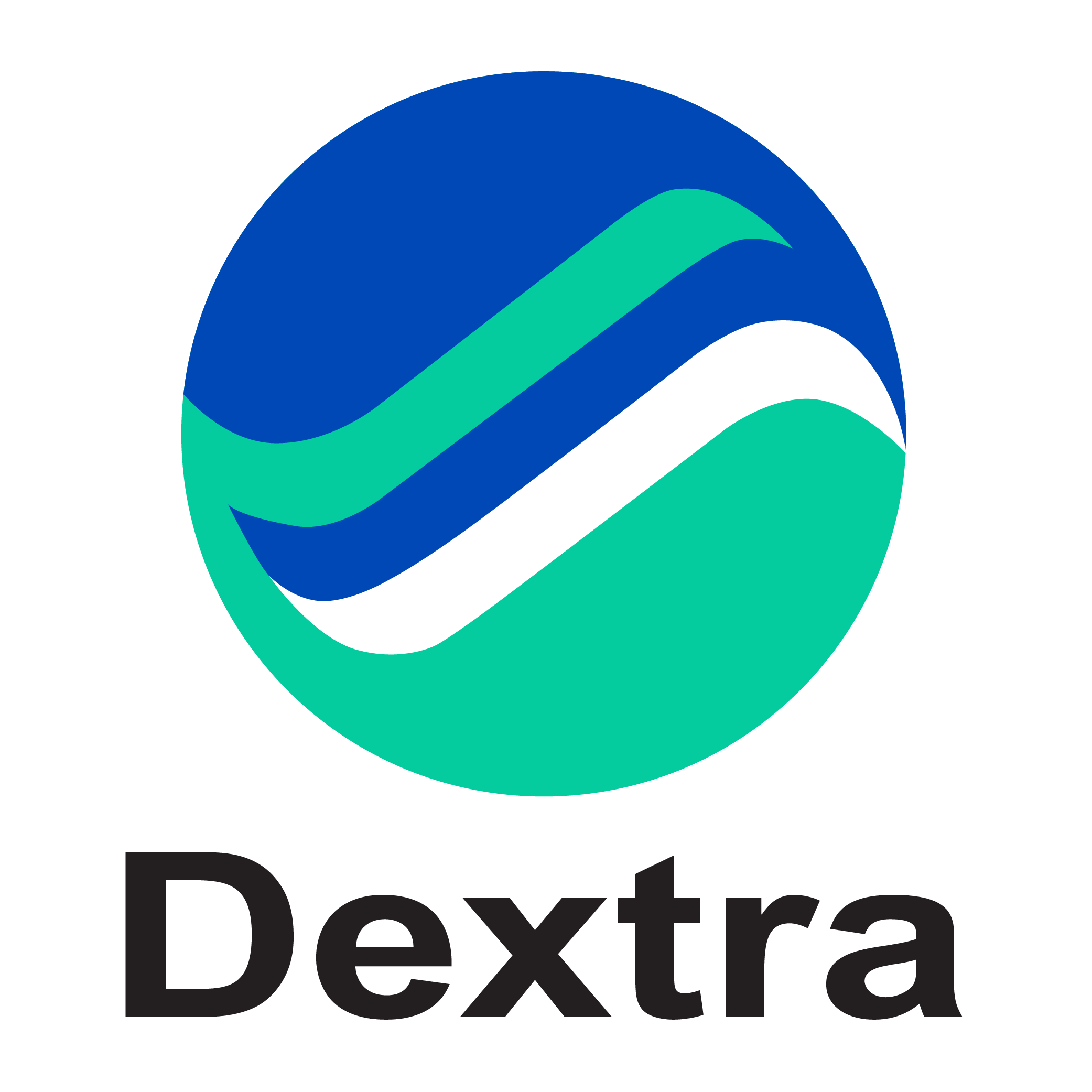Jizan Refinery Terminal: A Major Oil Infrastructure for Saudi Aramco
The Jizan Refinery & Terminal is a large-scale oil megaproject built for Saudi Aramco in the Jizan Economic Area, located on the Red Sea, on the west coast of Saudi Arabia.
For this project, Dextra engineered and manufactured marine tie bars systems, which were used in the construction of the quays of the marine terminal.
In total, Dextra delivered 412 tie rod sets in size M98. The Grade 500 steel rods were connected to combi walls on both sides using Dextra-designed captive nut accessories, which were cast into the concrete piles. Captive Nuts allow a 5° angle of adjustment in all directions, ensuring flexibility during installation.
Each assembly, measuring up to 36 meters in length, was divided into three main segments and reconnected using couplers and hinge couplers for efficient transport and installation.
 .
.

For more information about the availability of high performance bar solutions in Middle East, please contact our Dubai office












